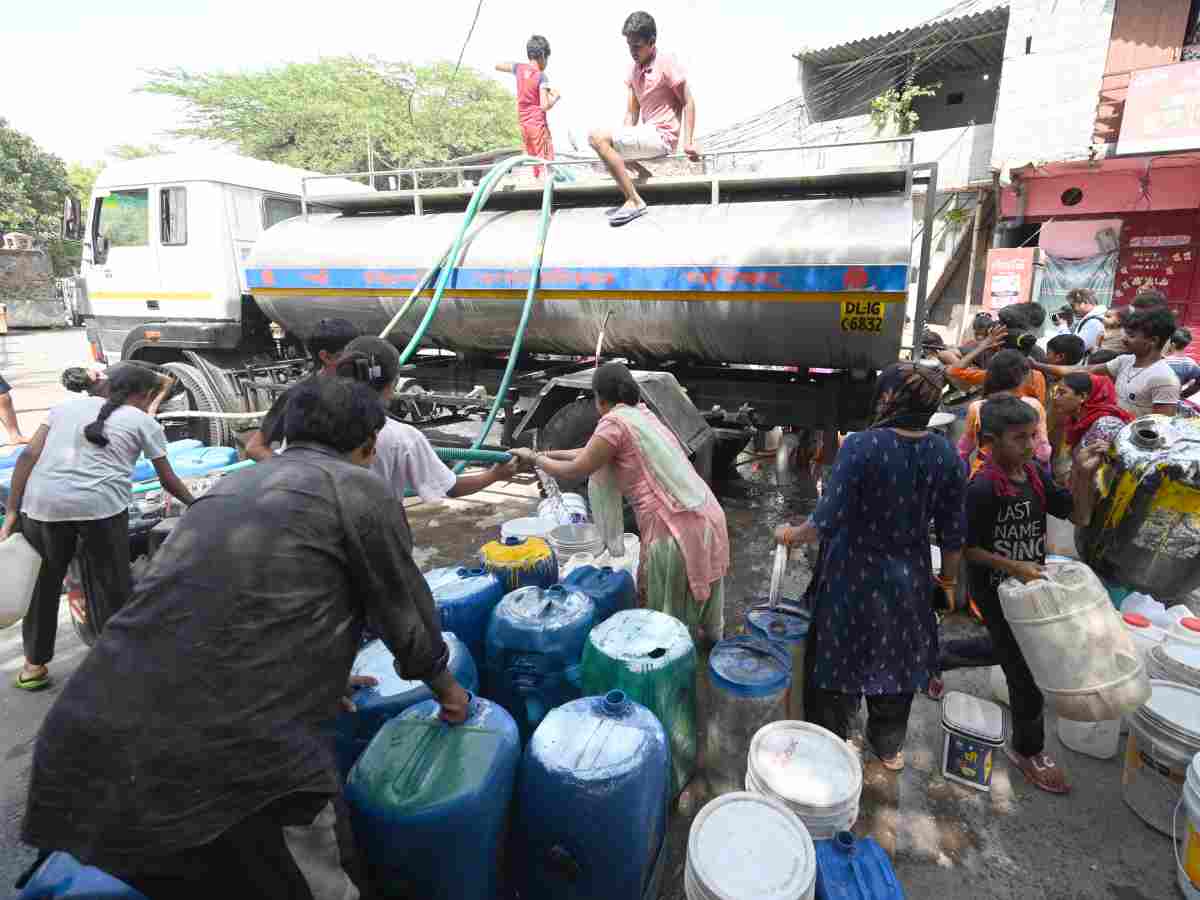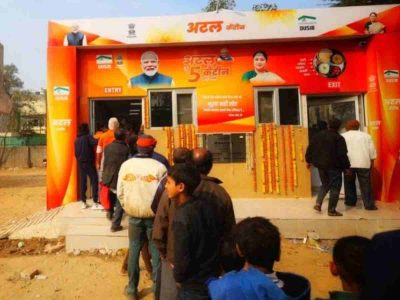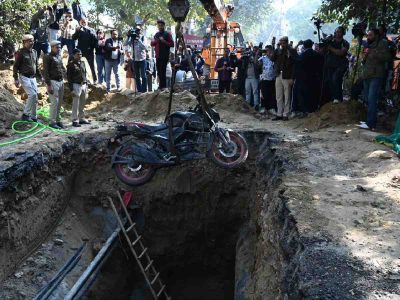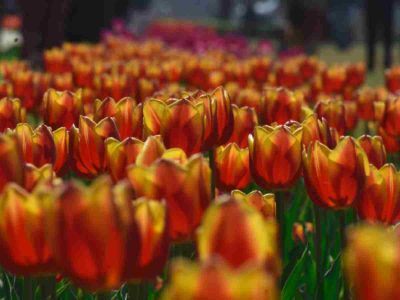Water Crisis: As temperature soared beyond 50 degrees Celsius, the hue and cry over drinking water reverberated across the national capital as taps ran dry in some areas, while other places even faced shortage of water tankers.
The water crisis in Delhi has severely impacted various localities, spanning from the NDMC areas to West Delhi’s Patel Nagar, and from North to South Delhi. Notably, the Sanjay Camp area in Chanakyapuri and Geeta Colony in East Delhi are among the worst-hit. The crisis has also affected residents of Mehrauli and Chhatarpur.
Patriot accessed the situation on the ground and found residents of these areas thronging water tankers with empty buckets, with some even jumping the queue to get ahead.
The residents of Sanjay Camp were seen standing in a long queue under the scorching sun, waiting for the water tanker to arrive.
Nidhi Srivastava, a resident of the area, told Patriot, “There is no water in our homes even in this weather. We have been standing in queues waiting for the tanker for the past 30 minutes. We will die in this situation”.
“Only one water tanker is visiting the locality now. Earlier, 6-7 tankers used to come to the area every day,” added Nidhi.
As soon as the water tanker arrived, people rushed to fill their vessels, creating a ruckus. Some residents even climbed the tanker to fill their buckets. Others were seen breaking the queue, as war of words broke out among the residents.
The same situation could be witnessed at Vivekananda Colony in Chanakyapuri, with children, men and women climbing atop the water tanker.
Also Read: Water woes hit national capital
Uma (45), resident of Chanakyapuri slammed the AAP-led Delhi government, saying that they only come to the locality to seek votes during election time.
“They always promise that they will provide basic amenities in the area such as water, electricity among other things. However, nothing has changed for the past two decades,” she said.
Ajay Kumar (40), another resident of the area, said, “This is not the first time we had to struggle for water. It is a common occurrence. It is a matter of shame that the condition is so pathetic even though Delhi is the national capital.
“We have to stand in the hot afternoon just to get water to cook food and conduct other day-to-day activities for survival. Instead of playing the blame game, the government and the authorities should work together to make the city a better place to live,” he said.
Residents of Burari are also fed up with the water crisis.
“No water, no roads and they call Delhi the national capital. People are not getting the basic amenities. We are struggling for water. Taps are running dry. Availability of the water tankers is very low,” said Ashish Bhandari, resident of Burari.
“Not everybody is privileged enough to buy water daily to quench their thirst. We are ashamed to say that we live in Delhi,” he said.
Manish, a 70-year-old resident of Anand Vihar, shared his plight, saying, “Water comes in the tap only once a day, in the morning. We wait for hours, compromising on our sleep, but still, our needs are not fulfilled.”
He added that they have to buy drinking water because the limited supply is insufficient to meet their needs.
Government’s steps
In response to the acute water crisis, the Delhi government has sought intervention from Supreme Court, requesting increased water allocation from neighbouring states Haryana, Uttar Pradesh, and Himachal Pradesh.
The AAP government has introduced several measures to tackle the escalating situation.
MLA Atishi announced the establishment of a Central Water Tanker Control Room and the deployment of quick response teams across all 11 Delhi Jal Board (DJB) zones to handle water emergencies efficiently.
To curb water misuse, the Delhi Pollution Control Committee will oversee car washing facilities, and the Municipal Corporation of Delhi (MCD) will monitor construction sites. The DJB has already deployed enforcement teams to prevent activities that waste water, like car washing.
The government blames the current crisis primarily on Haryana’s failure to release adequate raw water from the Yamuna, which is crucial for Delhi’s supply.
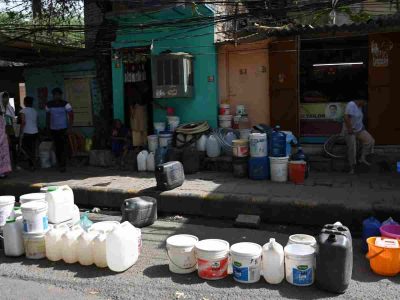
This raw water is directed to Wazirabad and then distributed to water treatment plants in Wazirabad, Chandrawal, and Okhla. Atishi emphasised that water tankers are being dispatched to areas with shortage, and residents can call 1916 to request a tanker.
Political Blame Game
Delhi BJP president Virendra Sachdeva accused the AAP government of corruption and mismanagement, alleging that water was being wasted and stolen. He refuted Atishi’s claims about Haryana, saying that the state is supplying more water to Delhi than promised.
According to Sachdeva, Haryana provides 1,049 cusecs of water daily, exceeding the agreed 719 cusecs. He questioned the water cuts in Delhi despite the excess supply.
Delhi CM Arvind Kejriwal attributed water shortages to increased demand due to the heatwave, stressing that supply from neighbouring states has not been sufficient to meet the heightened demand.
Delhi’s water supply
Delhi’s reliance on neighbouring states to meet its drinking water demand is significant at approximately 90%. This water is procured through various channels, including the Yamuna, the Carrier Lined Channel (CLC), Munak, and the Delhi Sub-Branch (DSB) canals from Haryana, as well as the Upper Ganga Canal via Muradnagar from Uttar Pradesh.
To process this water, the DJB operates nine water treatment plants located at Chandrawal, Wazirabad, Haiderpur, Nangloi, Okhla, Dwarka, Bawana, Bhagirathi, and Sonia Vihar.
Approximately 10% of water is supplied through internal water sources, primarily tubewells and ranney wells.

